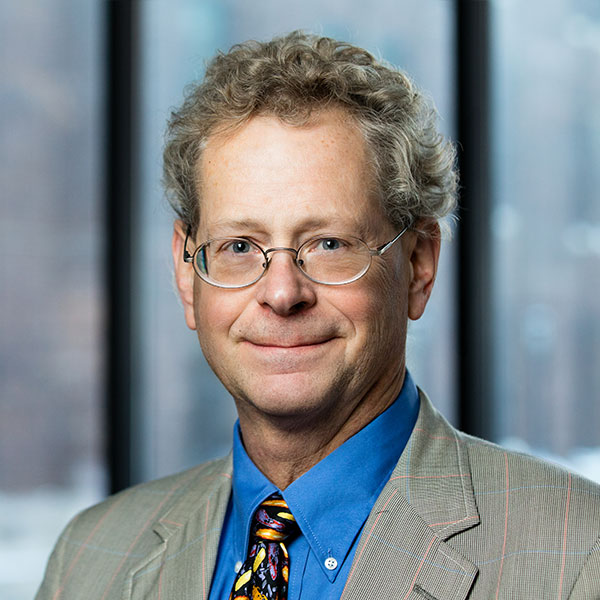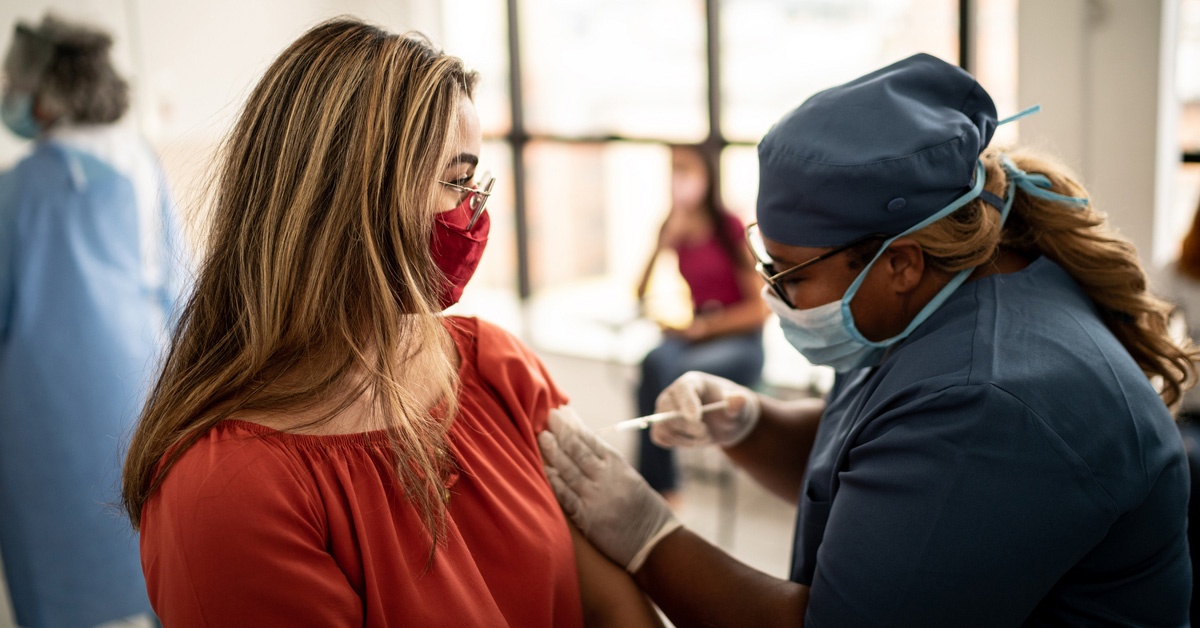
The COVID-19 pandemic put the U.S. public health system under the microscope, and if there was any clarity that developed around the U.S. response, it was that when it came to emergency preparedness in public health, the U.S. was woefully underprepared and underfunded.
Part of the American Rescue Plan Act of 2021 set out to remedy that with $2 billion to build capacity to address ongoing COVID-19 public health response priorities, as well as for expanding, training, and sustaining the state, tribal, territorial, and local public health workforce.
About $34 million of that money was designated to Minnesota, to be used at the Minnesota Department of Health (MDH) and distributed to local and tribal public health departments, says Mickey Scullard (MPH ’97), cross-program coordinator of Minnesota’s Center for Emergency Preparedness and Response.
MDH is supporting a University of Minnesota School of Public Health (SPH) initiative called “Minnesota Prepared,” a collaboration among the school, MDH, and local public health agencies across Minnesota, with a $2 million grant.
Minnesota Prepared has a particular focus on public health emergency response capacity, says Craig Hedberg, SPH professor and principal investigator for the project.
“One of the things we observed during the pandemic is that our public health system was really not prepared and was overwhelmed in many respects,” says Hedberg. “There was an acknowledgment that we needed to reinvest in building up the public health workforce, both in terms of bringing in younger people and providing training for people who are already in the system.”
Minnesota Prepared has two key components: strengthen the public health workforce by broadening the pathway to careers in public health agencies, and revitalize education and training by building emergency preparedness and response education and training materials for public health professionals.
A much needed injection of funding
MDH’s Scullard, who acts as a liaison between SPH and MDH for Minnesota Prepared, says that public health in the U.S. has been underfunded for decades. Nationwide, more than 50,000 public health employees lost their jobs following the 2008 recession, and many were never replaced.
The question now, says Scullard, is “How do we help people get others interested in public health preparedness and give them some of the skills they’re going to need? Because it’s not a matter of if you’re going to be in a disaster response. It’s when.”
Minnesota Prepared should help with that.
Broadening the pathway to public health careers
Betsy Wattenberg, SPH professor and associate dean of education and student engagement, and Ruby Nguyen, SPH associate professor, are leading the effort to get more people into public health careers. That effort includes increasing the number of internships available to SPH students and students in the University’s public health minor.
Wattenberg says that the internships will place students in state, local, and tribal public health agencies, working specifically on projects related to emergency response and preparedness.
“Agencies who’ve never had a student before or weren’t able to fund one… can apply to have an intern,” she says.
Nguyen also developed a real-world case study competition where groups of undergraduate and graduate students will work on a solution to a public health crisis. And a new SPH seminar series Nguyen developed in partnership with MDH targets undergraduate students interested in a public health career.
A terrible toll
COVID-19 amplified health inequities in American Indian communities — American Indian or Alaska Native individuals were 3.5 times more likely to be hospitalized — and the grant expands training and internship opportunities to more rural and tribal public health agencies.
“This program is a good opportunity for us,” says Associate Professor Linda Frizzell, who leads the SPH American Indian Health and Wellness Minor and has lived for many years on the Leech Lake Reservation.
As Minnesota Prepared’s primary liaison to tribal health, Frizzell is familiar with tribal public health challenges. “Our workforce for any tribal program anywhere in the country is in desperate need of professionals, and it doesn’t make any difference what race you are,” she says. “To be a professional and work in Indian country, you just need to be cognizant of how the tribal health system works.”
Revitalizing education and training
Sara Hurley, SPH assistant dean for learning innovations, is leading the revitalization of the education and training component of Minnesota Prepared. In the early 2000s, SPH’s education and outreach teams developed educational simulations and games to generate interest in the field of public health and to provide the experience of what it would be like to make critical decisions in a time of crisis. The problem is that those games and simulations haven’t been updated in nearly 20 years.
The education and training team is using funding from Minnesota Prepared to update these tools, revise existing trainings, and create new education opportunities for people in the workforce looking to gain targeted skills and for bringing volunteers up-to-speed during times of emergencies.
“The grant is about improving our COVID-19 response, but it’s also about building our response capacity to any natural or human-caused disasters,” says Hurley.
Prepared for new challenges
After decades in the field, Hedberg knows that, if one thing is certain, it’s that new challenges will arise in public health. So having a trained workforce that has the capacity to respond to whatever those challenges are is critical, he says.
MDH’s Scullard agrees. “[The School of Public Health] is thinking long-term with this funding. Let’s get some things in place, lay the framework and structure… because disasters aren’t going away.”
Related stories:

